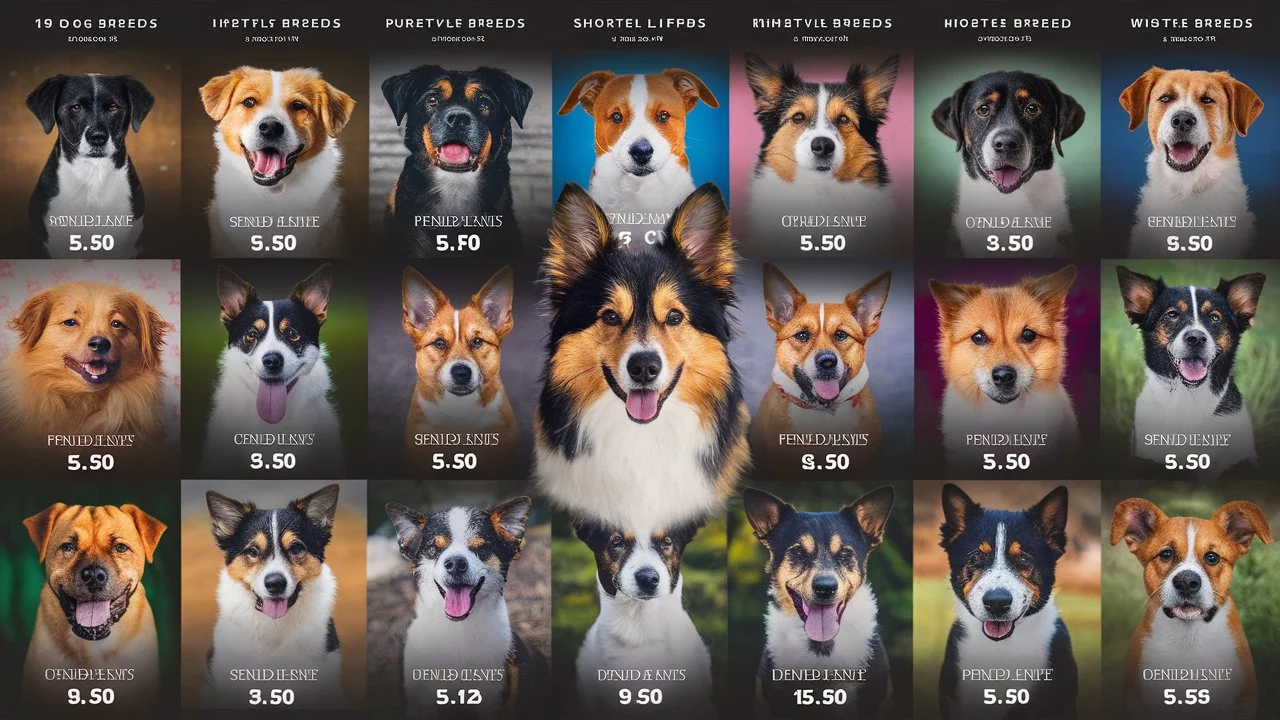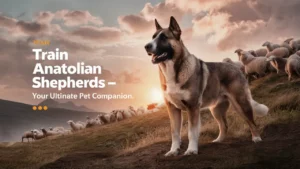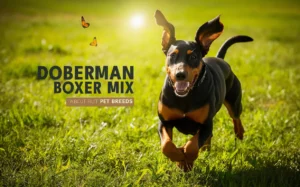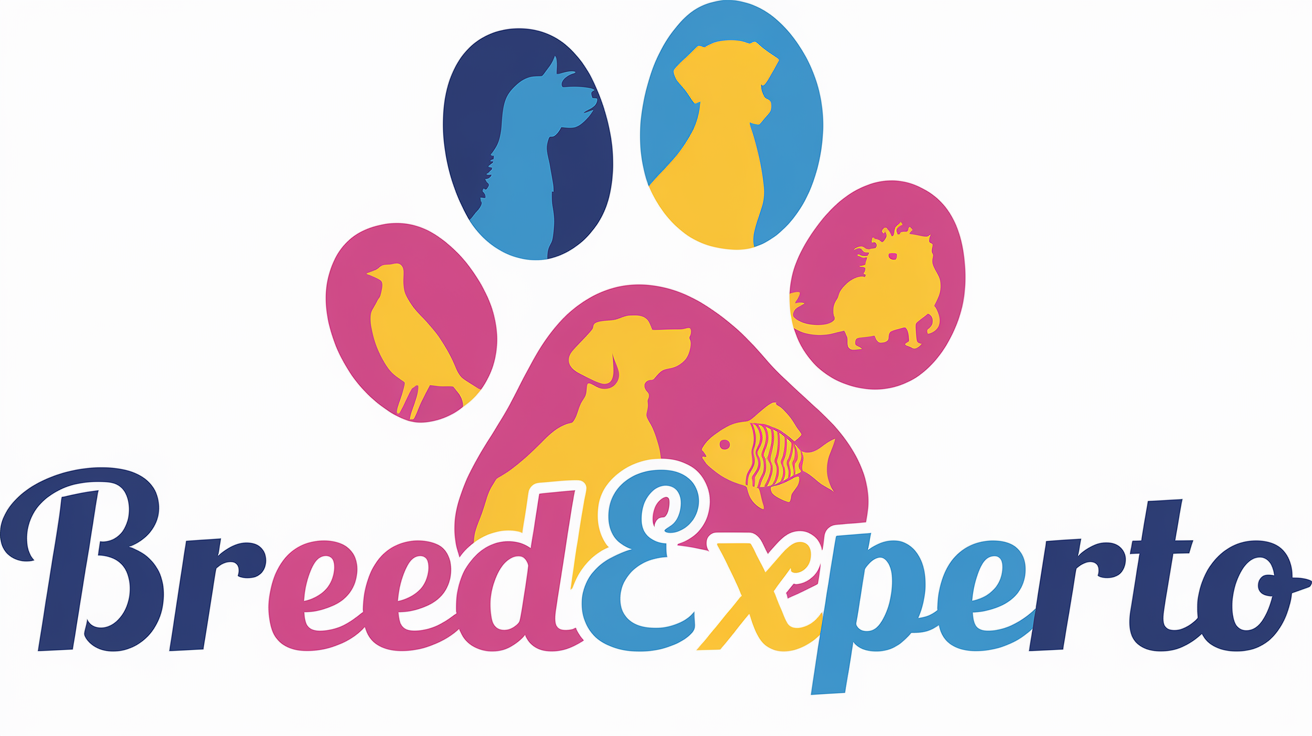Understanding the lifespans of different dog breeds can significantly influence your decision when choosing a furry companion.
While all dogs deserve love and care, some breeds are known for shorter lifespans due to various genetic and health factors.
In this post, we’ll explore 19 dog breeds with the shortest lifespan, discussing their average lifespans, common health issues, and essential care tips to help them live their best lives.
Saint Bernard
Average Lifespan: 8-10 years
The Saint Bernard is famous for its gentle nature and impressive size. Unfortunately, these gentle giants often face a variety of health issues, including hip dysplasia and heart problems.
Care Tips:
- Maintain a healthy diet rich in nutrients.
- Regular vet check-ups can help monitor potential health issues.
- Ensure they get moderate exercise without overexerting themselves.
Bernese Mountain Dog
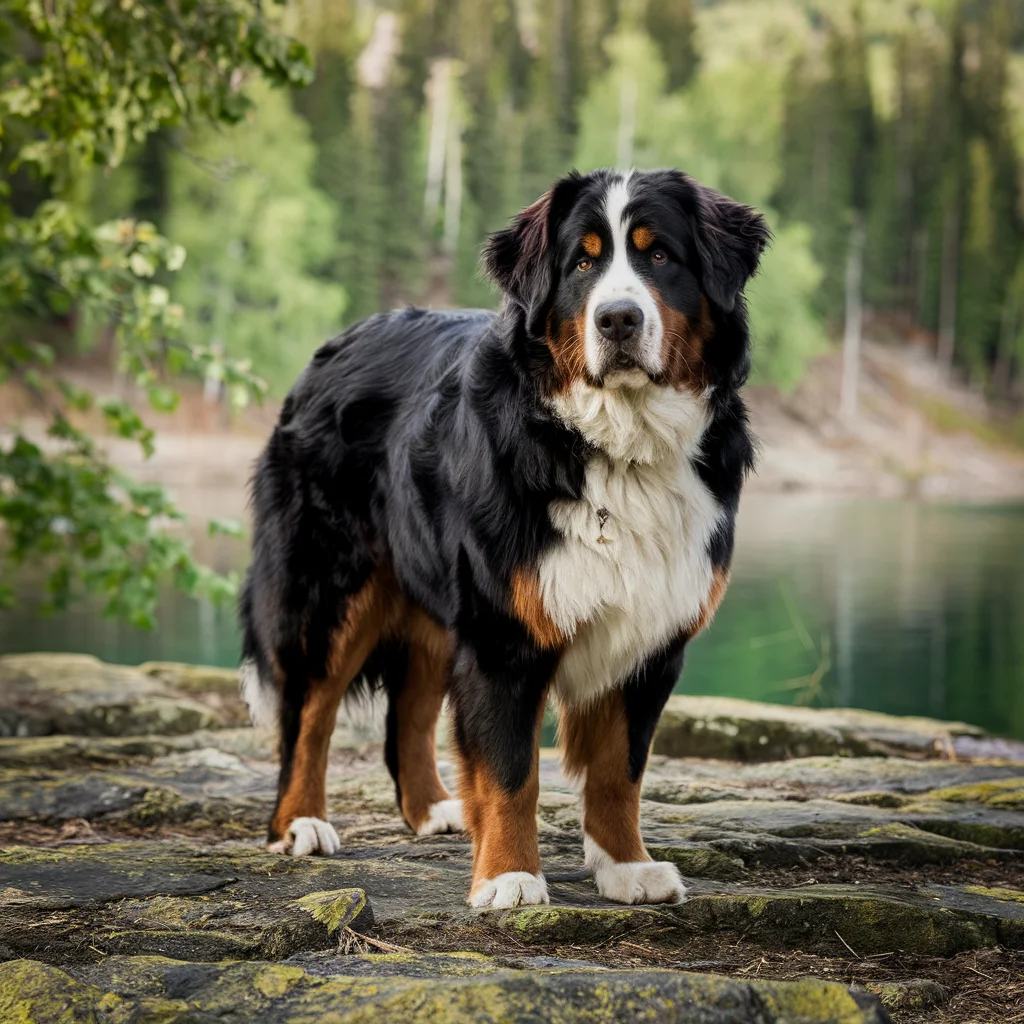
Average Lifespan: 6-8 years
The Bernese Mountain Dog is another large breed known for its friendly disposition. Sadly, their life expectancy is shorter due to genetic predispositions to conditions like cancer and hip dysplasia.
Health Risks:
- Osteosarcoma
- Hip and elbow dysplasia
Care Suggestions:
- Regular exercise to maintain a healthy weight.
- Routine veterinary visits for early detection of health issues.
Irish Wolfhound
Average Lifespan: 6-8 years
The Irish Wolfhound is one of the tallest dog breeds, known for its loyalty and gentle temperament. However, they are susceptible to various health concerns, including heart diseases.
Health Considerations:
- Cardiomyopathy
- Bloat
Care Tips:
- Balanced nutrition and controlled feeding to avoid bloat.
- Regular exercise to maintain muscle tone and overall health.
Greater Swiss Mountain Dog
Average Lifespan: 7-10 years
These robust dogs are known for their strength and versatility. Unfortunately, they often face health problems such as hip dysplasia and certain types of cancers.
Common Health Issues:
- Hip and elbow dysplasia
- Gastric torsion
Care Tips:
- Keep them active but avoid strenuous activities in hot weather.
- Regular health check-ups are essential for early detection.
Great Dane
Average Lifespan: 7-10 years
Great Danes are iconic for their size and gentle nature. However, their large stature often leads to health problems, notably bloat, which can be life-threatening.
Health Concerns:
- Hip dysplasia
- Cardiomyopathy
Care Tips:
- Feed them multiple small meals throughout the day to prevent bloat.
- Provide regular vet care to monitor their health.
Neapolitan Mastiff
Average Lifespan: 7-9 years
This breed is known for its distinctive wrinkles and loyalty. Unfortunately, Neapolitan Mastiffs face several health issues, including skin problems and heart conditions.
Common Health Issues:
- Entropion (eye condition)
- Heart disease
Care Suggestions:
- Regular grooming to maintain skin health.
- Regular veterinary visits to monitor weight and heart health.
Chow Chow
Average Lifespan: 8-12 years
Chow Chows are known for their lion-like appearance and aloof personality. This breed is prone to a range of health problems, including hip dysplasia and skin issues.
Health Risks:
- Hip dysplasia
- Allergies and skin infections
Care Tips:
- Regular grooming to prevent matting and skin problems.
- Ensure a balanced diet to manage weight.
German Shepherd
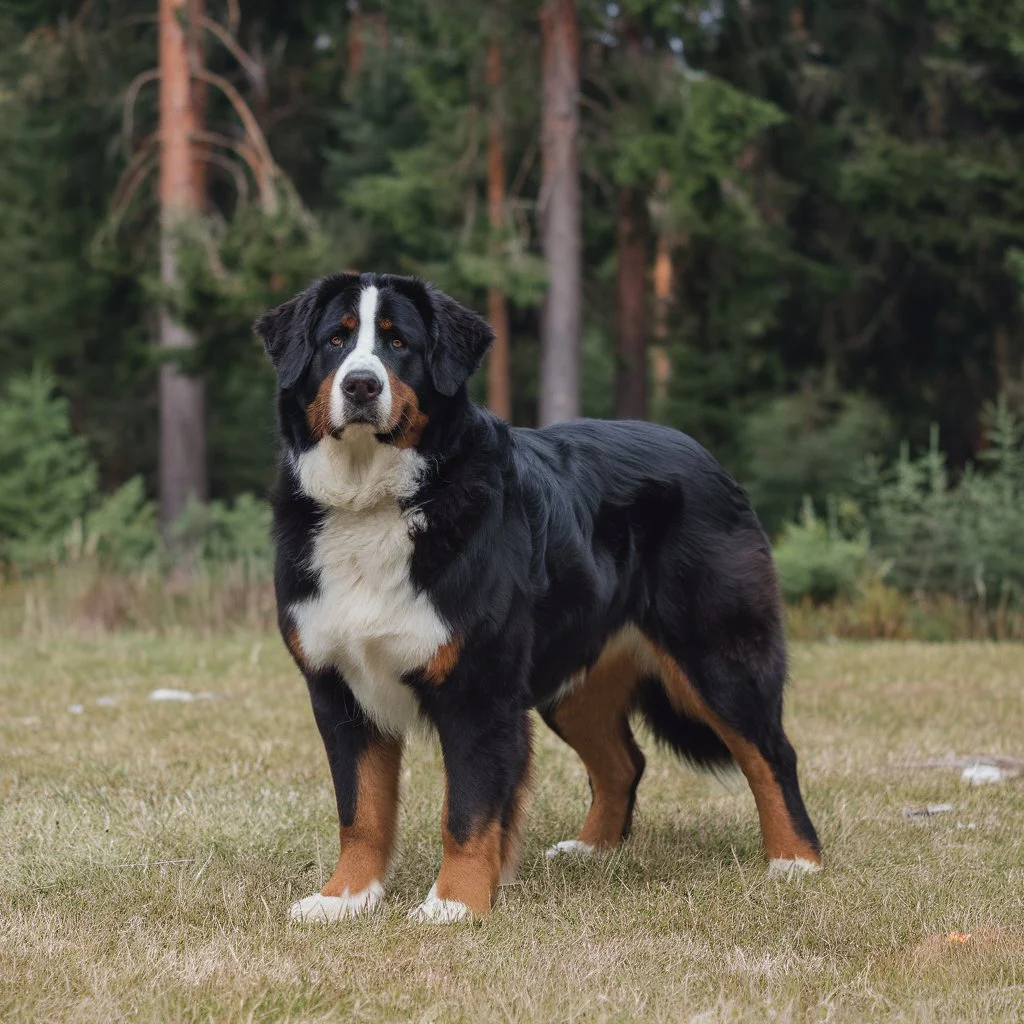
Average Lifespan: 9-13 years
German Shepherds are beloved for their intelligence and versatility. However, they are prone to health conditions like hip dysplasia and degenerative myelopathy.
Health Concerns:
- Hip and elbow dysplasia
- Degenerative myelopathy
Care Suggestions:
- Consistent training and mental stimulation.
- Regular vet check-ups to catch potential health issues early.
Scottish Deerhound
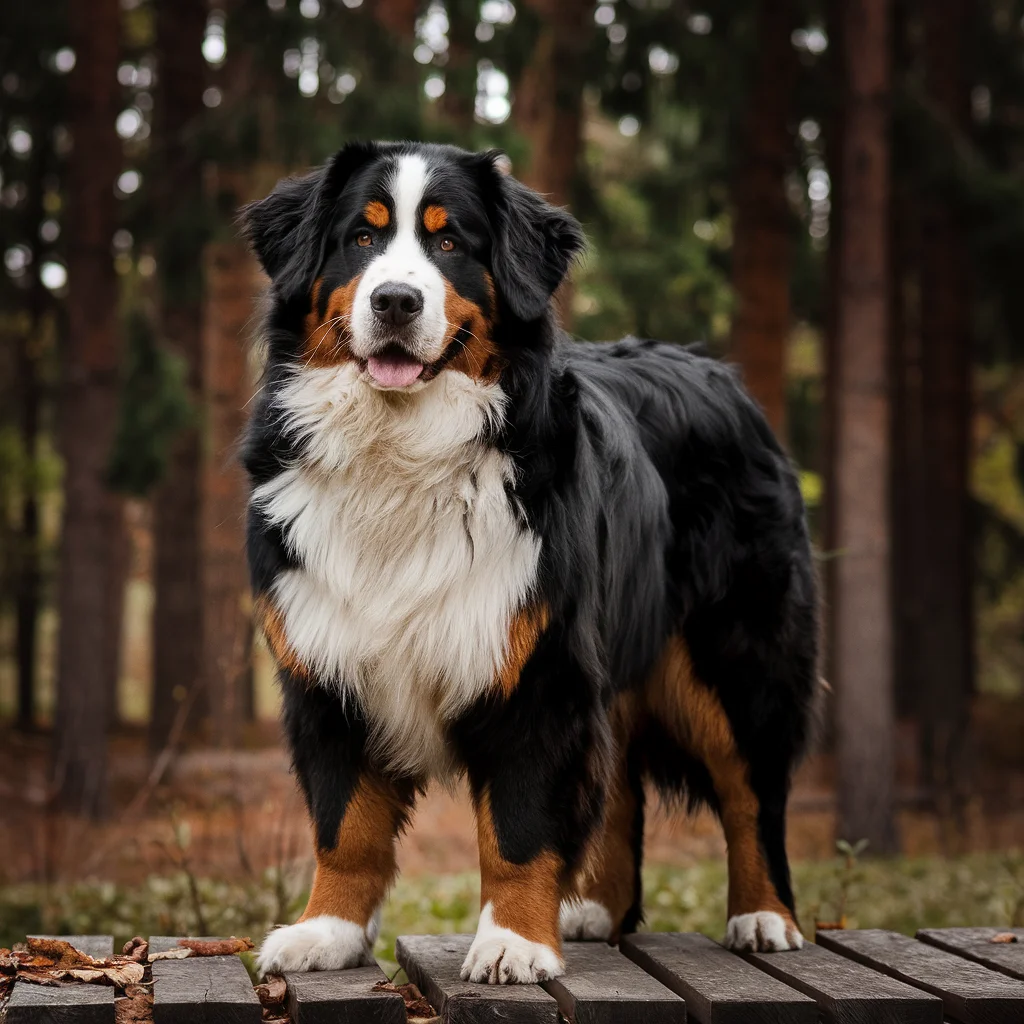
Average Lifespan: 8-11 years
Known for their elegance and speed, Scottish Deerhounds face health risks related to their size, including heart diseases and cancers.
Common Health Issues:
- Heart problems
- Osteosarcoma
Care Tips:
- Provide a balanced diet and maintain a healthy weight.
- Regular veterinary care to monitor heart health.
Cavalier King Charles Spaniel
Average Lifespan: 9-14 years
This affectionate breed is popular for its friendly nature. However, they are prone to health issues like heart disease and patellar luxation.
Health Risks:
- Mitral valve disease
- Syringomyelia
Care Suggestions:
- Regular vet check-ups to monitor heart health.
- Provide ample mental and physical stimulation.
Perro De Presa Canario
Average Lifespan: 8-10 years
The Perro De Presa Canario is known for its protective nature. However, they can face health issues like hip dysplasia and respiratory problems.
Common Health Issues:
- Hip dysplasia
- Bloat
Care Tips:
- Ensure a well-balanced diet and regular exercise.
- Early socialization to prevent behavioral issues.
Newfoundland
Average Lifespan: 8-10 years
Newfoundlands are renowned for their swimming ability and gentle temperament. However, they can be prone to health issues like hip dysplasia and heart problems.
Health Considerations:
- Hip dysplasia
- Cardiomyopathy
Care Suggestions:
- Regular grooming to prevent matting and skin issues.
- Provide a heart-healthy diet.
Boerboel
Average Lifespan: 9-11 years
This South African breed is known for its strength and loyalty. They are prone to certain health issues, including hip dysplasia and obesity.
Common Health Issues:
- Hip dysplasia
- Obesity-related conditions
Care Tips:
- Regular exercise and a controlled diet to maintain a healthy weight.
- Routine vet visits to monitor health.
Borzoi
Average Lifespan: 10-12 years
Borzoi are elegant and gentle, but they can suffer from various health issues, including bloat and heart conditions.
Health Risks:
- Bloat
- Heart disease
Care Suggestions:
- Feed them smaller meals to reduce the risk of bloat.
- Ensure regular vet check-ups.
Rottweiler
Average Lifespan: 8-10 years
Rottweilers are known for their loyalty and strength but can be susceptible to certain health issues, including hip dysplasia and obesity.
Common Health Issues:
- Hip and elbow dysplasia
- Cardiomyopathy
Care Tips:
- Regular exercise to prevent obesity.
- Routine veterinary care for early detection of health issues.
Broholmer
Average Lifespan: 7-10 years
This lesser-known breed is gentle and protective but can face health issues like hip dysplasia and obesity.
Health Concerns:
- Hip dysplasia
- Obesity-related conditions
Care Suggestions:
- Balanced diet and regular exercise.
- Early veterinary intervention for health monitoring.
Dogo Argentino
Average Lifespan: 9-12 years
The Dogo Argentino is known for its strength and hunting ability. However, they can face health risks such as hip dysplasia and allergies.
Common Health Issues:
- Hip dysplasia
- Allergies
Care Tips:
- Ensure regular vet check-ups to manage health.
- Provide a balanced diet and exercise for weight management.
Bulldog
Average Lifespan: 8-10 years
Bulldogs are known for their distinctive appearance and friendly nature. However, they are prone to a variety of health issues, including respiratory problems and skin conditions.
Health Risks:
- Brachycephalic airway syndrome
- Skin infections
Care Suggestions:
- Regular vet visits to monitor respiratory health.
- Maintain a healthy diet and weight.
Leonberger
Average Lifespan: 7-9 years
The Leonberger is known for its size and friendly demeanor. Unfortunately, they face health risks such as hip dysplasia and heart diseases.
Common Health Issues:
- Hip dysplasia
- Heart conditions
Care Tips:
- Provide a balanced diet to manage weight.
- Regular exercise to promote overall health.
Conclusion
Choosing a dog breed with a shorter lifespan comes with unique challenges. Understanding the health risks associated with these breeds can help potential dog owners make informed decisions.
Regular veterinary care, a balanced diet, and a loving environment are essential for extending your dog’s life, no matter the breed.
